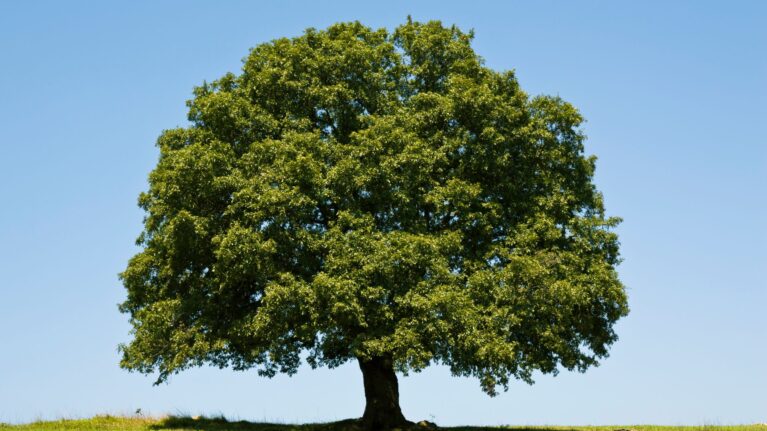International Plant Health Day: Protecting plants for a healthy planet
Did you know that as much as 80 per cent of the food we eat comes from plants? They are the basis of our food, but they are also a key part of the global ecosystem. Without them, there would be no life - they produce oxygen, clean the air, retain water in the soil.
Did you know that as much as 80 per cent of the food we eat comes from plants? They are the basis of our food, but they are also a key part of the global ecosystem. Without them, there would be no life - they produce oxygen, clean the air, retain water in the soil.
International Plant Health Day is celebrated on 12 May each year. It was established by the United Nations (UN). The day follows on from the International Year of Plant Health in 2020.
Why is plant health important?
Plants are one of the most important elements of our ecosystem. They are responsible for producing oxygen and organic compounds that are essential for life on Earth. They are also a primary source of food for humans and animals and stabilise the climate.
Looking after the health of plants is particularly important as they play a key role in the functioning of the whole world. Human activities and climate change are causing challenges to ecosystems, with pests and diseases appearing in places where they did not previously exist.
Plant diseases can lead to crop destruction, reduced yields and problems with food availability.

Did you know that.
Plants make up 80 per cent of our food and produce 98 per cent of the Earth's oxygen.
How can we help?
Plant health protection is a very complex process and requires many actions at different levels. The United Nations stresses that plant health is a shared responsibility - of governments, farmers, consumers and society as a whole.
- Governments should comply with international standards, invest in innovation and strengthen plant protection systems.
- Consumers should exercise caution and buy plants and plant products from verified sources.
- Farmers should use certified seed, monitor crops and report the presence of unusual pests.
- The transport and trade sectors should comply with international standards and procedures.
- The public should be aware of the risks of moving plants between countries.
It is very important to raise public awareness and educate children and young people about the importance of plant health.

How does Poland take care of plant health?
In Poland, the State Plant Protection and Seed Inspection (PIORiN) plays a key role in plant health protection. It is responsible for limiting the threat from harmful organisms and controlling the quality of seed. The institution pursues these objectives through field inspections, laboratory diagnostics and educational activities aimed at farmers and producers.



